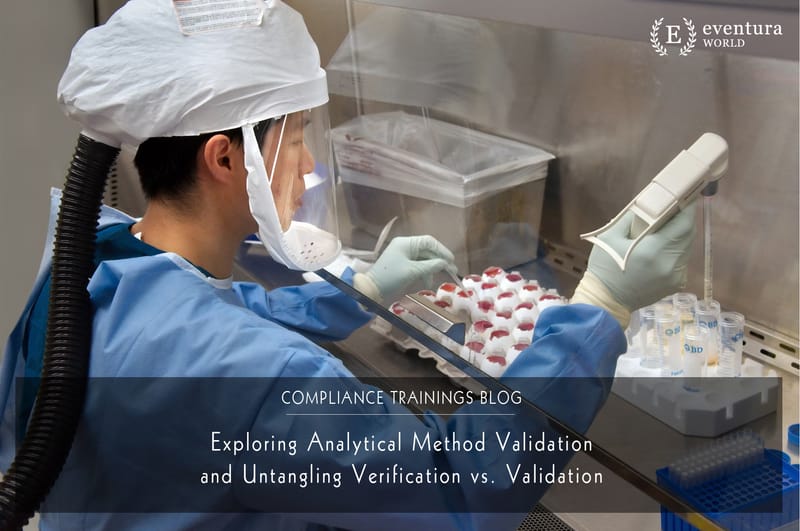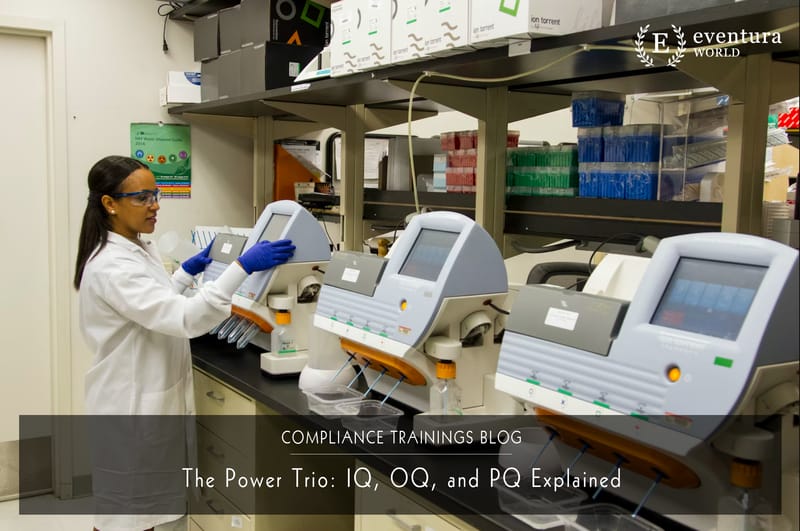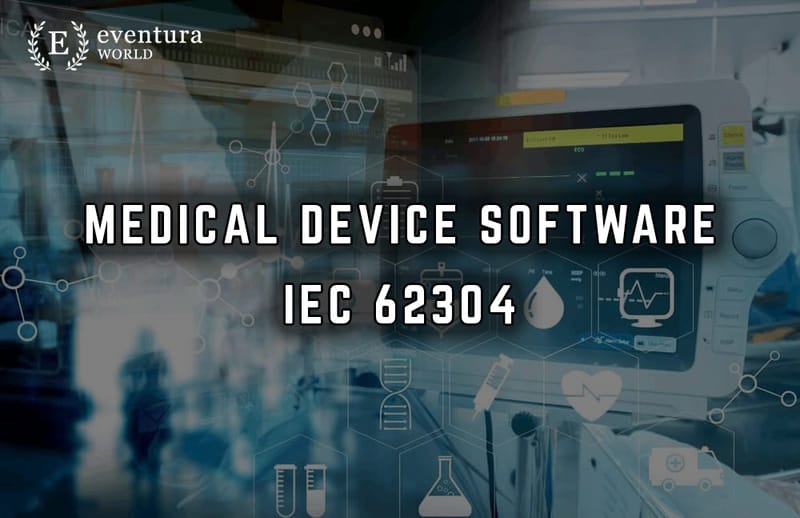Blogs #product quality
Quality Assurance (QA) vs. Quality Control (QC): Understanding their 9 Crucial Contrasts in Pharmaceuticals and Medical Devices
Quality in regulated industries refers to the degree to which a product or process meets predefined standards and regulatory requirements.
Exploring Analytical Method Validation and Untangling Verification vs. Validation
This blog explores Analytical Method Validation (AMV) in the pharmaceutical industry, covering its stages and differentiating between verification and validation. It emphasizes the importance of AMV for ensuring accurate and reliable analytical methods. By following method development, qualification, and validation stages, pharmaceutical companies can maintain product quality and compliance.
The Power Trio: IQ, OQ, and PQ Explained
In the realm of product manufacturing and quality control, the verification and validation process plays a crucial role. Three key components of this process are IQ (Installation Qualification), OQ (Operational Qualification), and PQ (Performance Qualification). In this blog post, we will delve into the significance of each phase and how they contribute to ensuring product integrity and regulatory compliance.
Understanding Medical Device Software IEC 62304 Compliance
IEC 62304 compliance is essential for medical device software manufacturers to ensure safety, effectiveness & regulatory approval. It provides a systematic approach to software development, reduces risks & costs, and enhances product quality. However, developing medical device software is a complex process that involves ensuring regulatory compliance and meeting high standards for safety and effectiveness.



